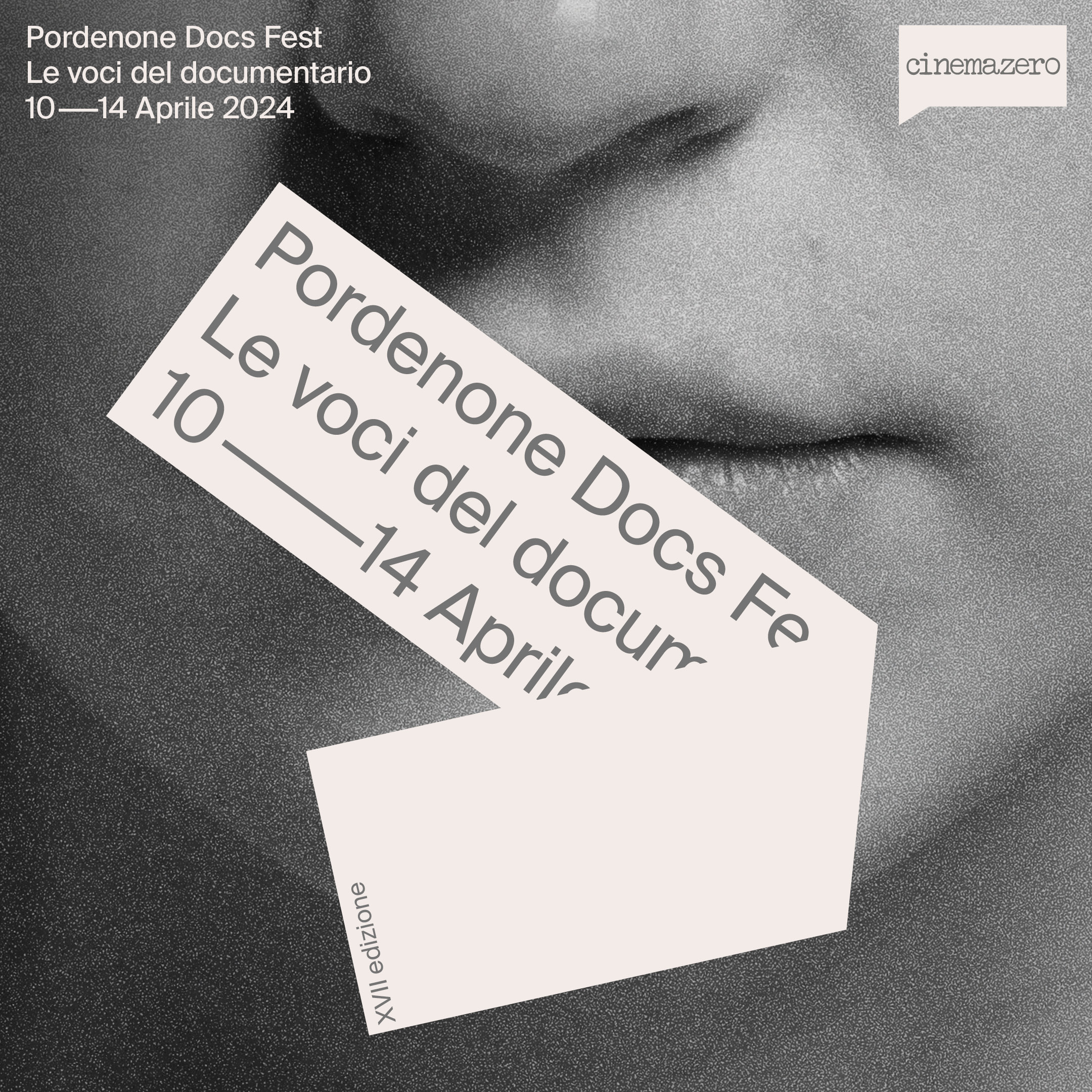The 18th edition of Pordenone Docs Fest concluded yesterday. Once again, Cinemazero’s documentary festival confirmed an extraordinary level of public participation. Over 3,500 tickets were sold (a number that continues to grow), with total attendance reaching 6,000. The event saw strong participation from young people and students, drawn in by screenings, talks, roundtables, workshops, conferences, masterclasses, concerts, and VR experiences.
There were 28 national premieres and over 300 guests from around the world, including directors, producers, scholars, experts, and professionals from the documentary industry. For five incredibly full days, the small Friulian town was once again the “capital of documentary film,” as the Italian press now calls it, highlighting the festival’s growing importance as part of Pordenone’s successful bid for Italian Capital of Culture 2027. Among the audience were more than sixty film students from all over Italy and, for the first time in the festival’s history, from across Europe. The educational programs saw remarkable turnout, with every initiative sold out. The newly inaugurated spazioZero, opened just a few weeks ago, showcased its versatility by hosting 5 conferences, 6 concerts, various industry events, and becoming an instantly popular cultural and social hub.
The Grand Jury Prize was awarded jointly to two films, a unanimous decision by the prestigious jury. The award went to the French film Un Pays en flammes by Mona Convert “for its portrayal of the magical, mystical, and mysterious world of a small community and its rituals. A dialogue between man, nature, and fire that brings to life a sensory experience and a hypnotic visual universe, rich with epiphanies and moments of stunning beauty.” Also awarded was Light Memories by Ecuadorian director Misha Vallejo Prut, praised for crafting a compact yet delicate, strong yet tender film that tells the story of a personal, thoughtful journey through the labyrinth of photographic imagery. The awards were presented by three internationally renowned directors: Roberto Minervini, Martina Parenti, and Sara Fgaier.
The Green Documentary Award, for best environmentally-themed film, was given to The Fabulous Gold Harvesting Machine by Alfredo Purailly De La Plaza, “for its gentle storytelling and rare visual beauty in depicting the universality of family bonds and the human being’s eternal struggle for resilience in the face of the world.”
La Mutante by Chilean filmmaker Constanza Tejo Roa, presented in its European premiere, won two awards, impressively from two different juries. It received the Critics’ Prize, awarded in collaboration with the Association of Italian Cinema Festivals and the Italian National Union of Film Critics. According to the accredited press, it is “a documentary of resistance that returns to the time of pregnancy as a process of self-creation. A voice that is unstandardized, like the bodies of women.”
Tejo Roa, present at the screening, also received the Young Audience Award, voted for by Cinemazero’s Young Club and accredited film students at the festival, with the following motivation: “for being a bold visual deconstruction of an inner journey seeking reconciliation between a love of life, cinema, and the love for life itself—a child—through a courageous narrative blending various cinematic styles and shedding light on often unspoken aspects of a deeply intimate and personal experience like pregnancy.”
Themes of rights, freedom, and inclusion were also reflected in the Audience Award, which went to Queer As Punk by director Yihwen Chen, a documentary about the queer Malaysian punk band Shh Diam. The filmmakers were present in the theater.
Finally, the Virtual Reality Award went to Fresh Memories – The Look by Volodomyr Kolbasa and Ondrej Mroavec, dedicated to the city of Kharkiv.
Pordenone Docs Fest is held under the high patronage of the European Parliament and with the support of the Italian Ministry of Culture – Directorate General for Cinema, the Friuli Venezia Giulia Region, the Municipality of Pordenone, and Fondazione Friuli. It also benefits from the support of Europa Cinemas, Servizi CGN, Cooperativa Sociale Itaca, AGIS Triveneto, and the National Council of the Order of Journalists.











